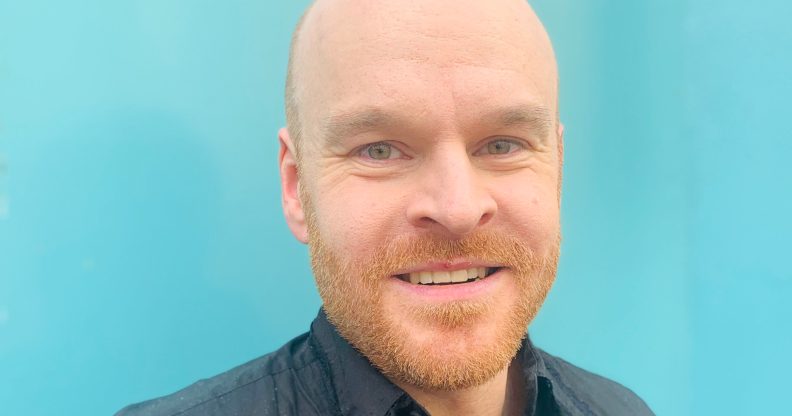Rural stigma surrounding HIV remains the greatest barrier to totally end new transmissions by 2030

HIV awareness activist Philip Baldwin. (Supplied)
HIV awareness activist Philip Baldwin writes about the widening gap between tackling the disease in rural and city areas for HIV Testing Week.
Matt Phillips is an HIV consultant working in Cumbria, a large rural area in the North West of England.
Although a population of around half a million, the county capital, Carlisle has a population of only 94,000.
Matt heads four sexual health and HIV clinics, separated by the Lake District National Parks and approximately two hours drive apart between the furthest two.
It was enlightening listening to Matt speak at the recent BHIVA Autumn Conference about HIV prevention, treatment and care.
The situation is very different to that found in our largest cities.
Fast-Track Cities is a global movement, which now includes London, Manchester and Brighton, amongst other UK cities.
Its aim is to meet and exceed the United Nations’ 90:90:90 HIV targets.
That’s: 90 percent of people living with HIV diagnosed, 90 percent of people with diagnosed HIV on treatment and 90 percent of people on treatment with suppressed/undetectable viral loads.
It is anticipated that there will be no new HIV transmissions in these cities by 2030.
Fast-Track Cities is the only UK initiative to end new transmissions by 2030 and there is a real danger rural areas may be left behind.
In Matt’s viewpoint, rural stigma surrounding HIV remains the greatest barrier.
Many people still perceive HIV to be a death sentence.
Traditional campaigns, targeted at gay and bi men, are not necessarily effective in rural areas.
As Matt notes, the majority of the population he works with identify as heterosexual.
Transport is another key issue. Some villages have a bus service only twice a week.
It has been suggested that a solution could be more Skype or telephone consultations, but Matt’s patients prefer face-to-face meetings.
Living with HIV myself, I can relate to this. I value the time I have with my specialist.
A third and constant challenge in rural areas is keeping HIV on the public agenda.
Only one person in every 2,000 is living with HIV in Cumbria.
Local authorities may see national headlines showing diagnoses dropping and therefore reduce budgets.
Late diagnoses remain stubbornly high across the country, but particularly so in rural areas.
Matt has been able to confront stigma by encouraging people with community credibility to get tested.
For example, the mayor of Carlisle.
Matt emphasises that, in rural areas, clinicians and activists should aim to, “speak to the communities you’re working with, not just those you think are impacted”.
It is clear that activists, third sector organisations and legislators need to give more thought as to how we manage rural areas.
We need to recognise the challenges which exist and, as Matt noted with a touch of humour, see if we can adapt Fast-Track Cities to create fast track towns, villages and even hamlets.
To find out where to test near you, or order a free self sampling test kit, check out It Starts With Me.

